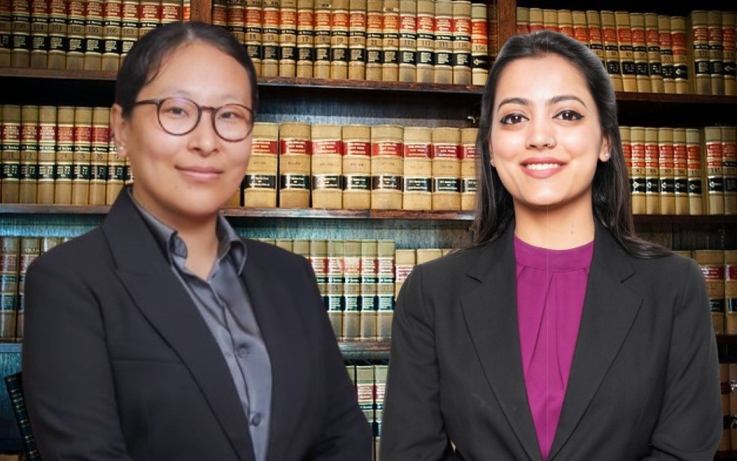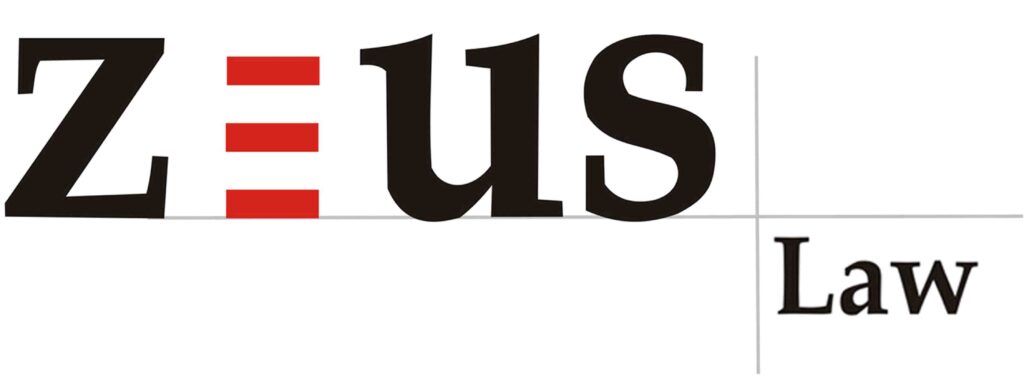Enforcing Indian Decrees in Korea: Strengthening Bilateral Legal Cooperation
In India and Korea, the process of enforcing foreign decrees and judgements involves navigating a complex legal framework that balances the principles of comity and international compatibility.
In an increasingly interconnected world, cross-border transactions and disputes are becoming more prevalent. India and Korea have historically maintained strong diplomatic relations and economic ties, underpinned by mutual respect for the rule of law and commitment to upholding international legal standards. As international trade and investment between India and Republic of Korea (‘Korea’) continue to expand, the need for an effective mechanism to enforce the decrees passed by the Indian Courts in Korea, and vice versa, is a critical issue.
In India and Korea, the process of enforcing foreign decrees and judgements involves navigating a complex legal framework that balances the principles of comity and international compatibility. The present article, which is Part – I of a series of two articles, delves into the process of executing Indian Court decrees in Korea, highlighting the legal framework, challenges and opportunities for enhancing bilateral legal cooperation between the two nations. The Part – II will shed light on the enforcement of foreign decrees, particularly those passed in Korean Courts, in India.
Legal Framework
The recognition and enforcement of foreign judgements and decrees in India are governed by the Code of Civil Procedure, 1908. India has executed bilateral treaties with various countries regarding reciprocity in enforcement of judgements and any conclusive judgment pronounced in the reciprocating territories is enforced in the Courts of India under the Code of Civil Procedure as if it were a judgment of an Indian Court.
However, no reciprocity exists between India and Korea. In fact, Korea does not have any bilateral treaty or multilateral convention with any country dealing with the reciprocal recognition and enforcement of judgements despite being a party to the United Nations Convention on the Recognition and Enforcement of Foreign Arbitral Awards (‘New York Convention’) since 1973. Korea has its own principle to recognize and enforce foreign judgements and Korean Courts are usually generous in recognizing and enforcing foreign judgements based on the principle of reciprocity.
The Korean Code of Civil Procedure and the Korean Code of Civil Execution outline the conditions under which foreign civil judgements and international arbitral awards, including those from India, may be recognized and enforced in Korean Courts. Article 217 of the Korean Code of Civil Procedure provides that a final judgment concluded by a foreign Court can be regarded as effective if all of the following conditions are met :
- The international jurisdiction of such foreign Courts are recognised under the principle of international jurisdiction pursuant to the statutes or treaties of Korea.
- A legitimate service of the process was made to the Defendant or that the Defendant has responded even without a service.
- The approval of such final judgment does not undermine the sound morals or other social order of Korea.
- Mutual guarantee exists, or the requirements for recognition of final judgment, etc. in Korea and the concerned foreign country are not far off balance and have no actual difference between each other.
Procedure for Enforcement
In order to enforce a foreign judgment in Korea, which satisfies all the above requirements, a party should seek an execution judgment of such a foreign decree from the competent Korean Court under the Korean Code of Civil Execution. Further, the decree sought to be enforced must be final and conclusive after all available appeals have been exhausted. An interim relief or a provisional order cannot be enforced. A party seeking recognition and enforcement of a foreign decree in Korea must file a suit against the Judgement Debtor before the Korean District Court that can exercise general jurisdiction over the Judgement Debtor.
The Article 26 of the Korean Code of Civil Execution provides that a judgment of execution by a Korean Court should be obtained in order to commence the enforcement of a foreign decree. Once the judgment of execution is issued, the enforcement procedure for foreign decrees follows the procedures for enforcing domestic decrees and the Decree Holder can enforce the Korean execution judgment against any assets of the Judgment Debtor.
The process of executing an Indian Court decree in Korea typically involves filing an application with the competent Korean Court, accompanied by the necessary supporting documents. These documents may include (i) the original Indian Court decree; (ii) a certified translated copy into Korean; and (iii) evidence of service of the decree on the Judgment Debtor by the Decree Holder.
The time and cost for recognition and enforcement of a judgment of the Indian Court in Korea varies significantly depending on the issues, ranging from less than three months to more than a year at the Court of first instance. In case any Appeal is filed against the judgement of the Court of First Instance, with respect to the recognition or the enforcement of the foreign decree, then such an Appeal to the High Court (First Appellate Court) may take about three months to more than a year, and further Appeals to the Supreme Court (Final Appellate Court) may take anywhere between a few months to several years. Upon the issuance of the final execution decision by the concerned Court in Korea, the costs and time to enforce that decision would be similar to those enforcing a domestic judgment.
It is important to note that the merits of the case cannot be revisited in an enforcement proceeding unless there are special circumstances that would render recognition of the foreign decree contrary to Korean public policy.
Challenges and Strategies:
Since a reciprocal relation does not exist between the two nations, enforcing Indian Court decrees in Korea can present several challenges, including issues related to jurisdiction, due process and public policy considerations, particularly if the Judgement Debtor raises objections to the enforcement. To address these challenges, parties seeking to enforce an Indian Court decree in Korea should be prepared to provide comprehensive evidence and legal arguments supporting their stance.
One strategy for overcoming challenges in enforcing Indian Court decrees in Korea is to engage local legal counsel with expertise in cross-border disputes and enforcement matters. Such a local counsel can navigate the nuances of the Korean law and procedure, assist with preparing the necessary documentation, and represent the interests of the enforcing party in Court proceedings.
Much to the joy of Decree Holders attempting to enforce the foreign judgements in Korea, the Korean Courts are becoming more lenient in providing a reciprocal guarantee in recognizing foreign judgements, in order to keep pace with international trends of judicial cooperation and reciprocal guarantee.
Conclusion:
The execution of Indian Court decrees in Korea underscores the importance of a robust legal framework and effective mechanisms for enforcing foreign judgments. By understanding the legal requirements, navigating potential challenges, and leveraging opportunities for bilateral legal cooperation, parties can increase the likelihood of successfully executing Indian Court judgements in Korea. Strengthening the ties between India and Korea will not only benefit business and individuals involved in cross-border transactions but also contribute to the broader goal of fostering mutual trust and respect between the two nations.
 About the Authors: Yeshi Rinchhen has been a practicing lawyer for around 13 years and is a Partner in the Disputes Resolution vertical at ZEUS Law. Nikita Maheshwari is a Senior Associate at ZEUS Law and works in the Dispute Resolution practice vertical, with a focus on commercial litigation.
About the Authors: Yeshi Rinchhen has been a practicing lawyer for around 13 years and is a Partner in the Disputes Resolution vertical at ZEUS Law. Nikita Maheshwari is a Senior Associate at ZEUS Law and works in the Dispute Resolution practice vertical, with a focus on commercial litigation.
 ZEUS Law Associates is an ISO certified full service corporate commercial law firm with a team of dedicated and experienced lawyers well versed in handling domestic and cross border transactions across sectors, jurisdictions and regulatory landscapes. The firm’s distinct practice areas include Litigation, Alternate Dispute Resolution, Corporate & Commercial Law, Real Estate & Infrastructure, Indirect Tax and Overseas Indian Services.
ZEUS Law Associates is an ISO certified full service corporate commercial law firm with a team of dedicated and experienced lawyers well versed in handling domestic and cross border transactions across sectors, jurisdictions and regulatory landscapes. The firm’s distinct practice areas include Litigation, Alternate Dispute Resolution, Corporate & Commercial Law, Real Estate & Infrastructure, Indirect Tax and Overseas Indian Services.


